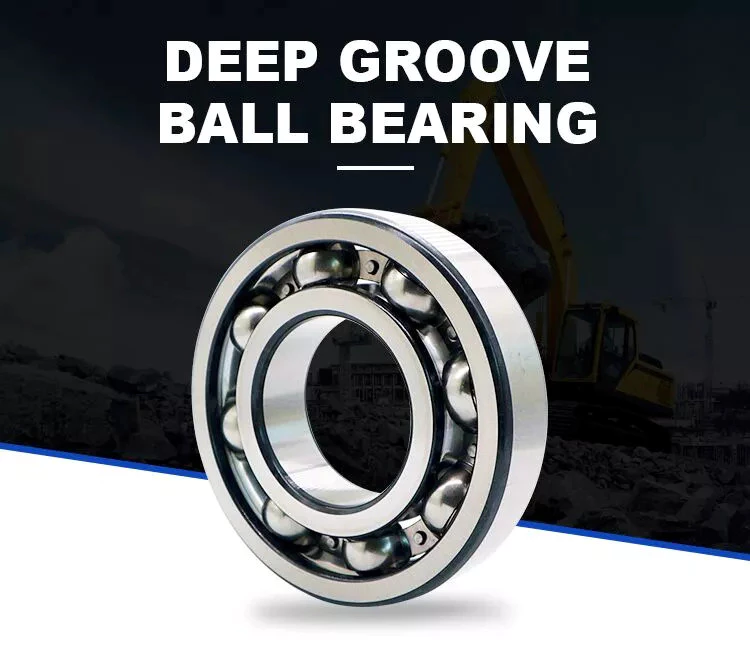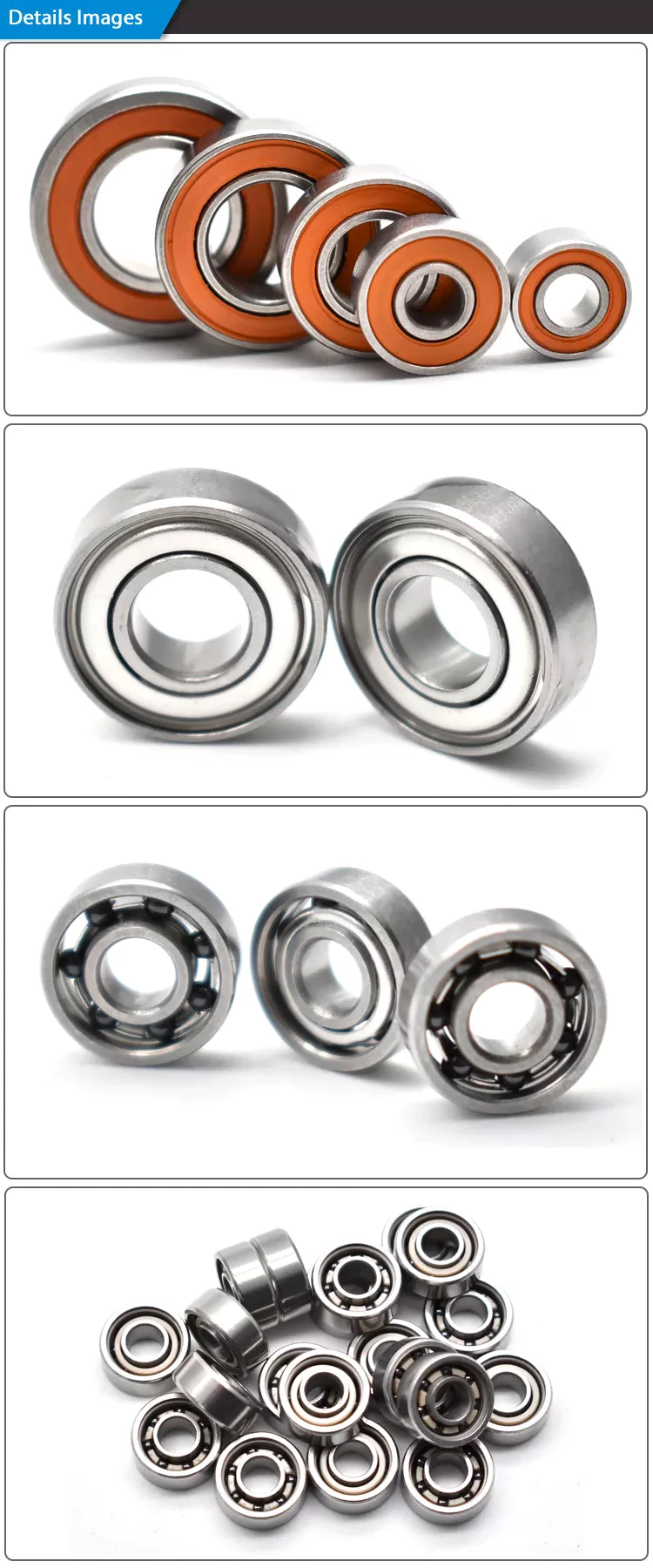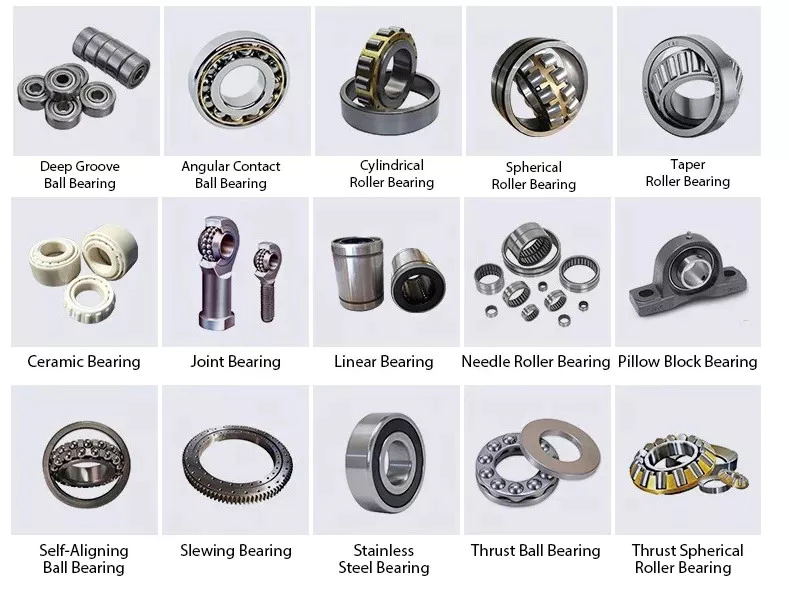Product Description
Agricultural Industrial Usage Metal Precision Auto Custom Aluminum CNC Machining Machine Machinery Parts for Agricultural Parts
| Factory: | Rollyu Precision Machining Co., Ltd |
| Production Description | Agricultural Industrial Usage Metal Precision Auto Custom Aluminum CNC Machining Machine Machinery Parts for Agricultural Parts |
| Processing | Machining, Turning, Milling, Grinding, Wire-EDM,Fabrication service etc. |
| Material for CNC Machining processing | 1) Aluminum - AL 6061-T6, 6063, 7075-T,5083,6063,6082,5052,2A12 etc. |
| 2) Stainless steel - SS 201,SS301 SS303,SS304,SS316L, SS416L,17-4(SUS630),440C, 430 etc. | |
| 3) Steel - 4140,4340,Q235, Q345B,20#,Cr12MoV,D2,A2,4140,4150,P20,S136,M2,O2, SKD11,CRS, etc. | |
| 4) Titanium - TA1,TA2/GR2, TA4/GR5, TC4, TC18 etc. | |
| 5) Brass - C36000 (HPb62), C37700 (HPb59), C26800 (H68), C22000(H90) etc. | |
| 6) Copper - bronze,Phosphor Bronze, Magnesium alloy, etc. | |
| 7) Plastic - Peek, Nylon, G-10, Acrylic,Anti-Static Acetal Tan (Tecaform SD) , PC,ABS, etc. | |
| 8) Food class ,Medical class- such as POM, Delrin, etc. | |
| 9) Aerospace class - PEI+30%GF,PEEK+30%GF,PC+30%GF,PU,PTFE,PE,PVC etc. | |
| 10) Rollyu Precision handles many other type of materials, please kindly contact us if your required material is not listed above. | |
| Finish | For Aluminum parts - Clear anodized, Color anodized, Hard anodized, Sandblasting, Chemical film, Brushing, Polishing, Painting, Silk screen printing,Etching, Laser marking, etc. |
| For Stainless steel parts - Polishing, Passivation,PVD, Sandblasting, Black oxide, Electrophoresis black, Painting, Silk screen printing,Etching, Laser marking, etc. | |
| For Steel parts - Polishing, Black oxide, Nickel /Zinc/Gold/ Chrome/Silver plating, Carburized, Powder coating,electrophoresis, QPQ(Quench-Polish-Quench), Heat treatment, Painting, Silk screen printing,Etching, Laser marking, etc. etc. |
|
| For Brass parts - Nickel /Zinc/Gold/ Chrome/Silver/Titanium plating, Electrophoresis black, Powder coating,Painting, Silk screen printing,Etching, Laser marking, etc. | |
| For Plastic parts - Plating (ABS), Brushing (Acylic),Painting, Silk screen printing,Etching, Laser marking, etc. | |
| Rollyu Precision handles many other type of finish, please kindly contact us if your required finish is not listed above. | |
| Tolerance | Minumum tolerance +/- 0.05mm (+/- 0.0005") |
| Surface roughness | Ra 0.1~3.2 |
| Drawing format | Step/Igs/PDF/DWG/DXF, etc. |
| Testing equipment | CMM (Coordinate Measuring Machine),Height gauge, Caliper, Hardness tester, Roughness tester, Projector machine, Pin/Angle/Block/Plug/Thickness/Thread/Radius gauge,etc. |
| MOQ | 1 piece |
| Lead time | 2 weeks after received order. |
| Certificate | ISO9001, ISO13485. |
| Inspection processing | IQC,IPQC, FQC, QA. |
| Capacity | CNC turning work range: φ0.5mm-φ650mm*600mm. |
| CNC milling work range: 880mm*1300mm*600mm. | |
| Application | Automation, Medical device, Consumer Electronics, Security, IoT, Energy, etc. |
Rollyu Precision Machining Co., Ltd located in HangZhou, China, is a mechanical manufacturer providing a wide range of custom specialty plastic injection molded parts, cnc machining parts, Sheet Metal Fabrication, Liquid Silicone Rubber Injection Parts, Aluminum Extrusion, Sub-assemblies ,along with advanced over molding capability.
Serving markets including Security systems, Fire systems, Marine ,Health care, Medical Devices, Personal Care, Networking, Internet of Things (IoT), Xihu (West Lake) Dis.n Machine Interaction (HMI) , Consumer Electronics, Telecommunications and Renewable Energy as well as many others with solutions for a variety of challenges they face in these high paced, ever-changing industries. Rollyu Precision provides mechanical components and sub-assemblies to many of the top companies worldwide.
With many years of mechanical parts manufacturing, we continue to expand our capabilities and are well positioned to offer concept-to-commercialization solutions. Rollyu Precision can provide over molding capabilities to streamline timelines and costs. If medical device engineering and design for manufacturing services are needed, our project teams are aligned to provide those services, including tool and fixture fabrication and rapid prototyping.
Examples Of Services And Capabilities Include:
- Engineering DFM Services
- CNC Swiss Machining, Milling, and Turning
- Over molding and Injection Molding
- Plastic Injection Molded Parts
- Liquid Silicone Rubber Injection Parts
- Aluminum Extrusion
- Sheet Metal Fabrication
- Sub-assemblies
For a more complete list, please send us inquiry.
Rollyu Precision has unrivalled links with the companies Medical device, Instrumentation, Security systems, IoT, HMI, Automation, Photonics, Energy, Marine and many others industries. We have mutually beneficial relationships with nearly 150 companies around the world, from the smallest company to the largest enterprise.
For our partners, we deliver world-class machining parts, plastic molded parts , silicone rubber parts, sheet metal fabrication, heat sink, and assembly components. We can manufacture from single parts to sub-assemblies to meet challenges and your goals.
FAQ
Q1: Are you a trading company or a factory ?
A1: We are a manufacturer specialized in precision parts OEM, Machining parts, Plastic injection molding, Plastic parts, Silicone and rubber parts, Heat sink, sheet metal fabrication as well as Sub-assembly.
Q2: Do you accept to manufacture the customized products based on our design?
A2: Yes, we are a professional factory with an experienced engineering team, would like to provide the OEM service.
Q3: How can I get the quotation?
A3: We will offer you the quotation within 24 working hours after receiving your detailed information. In order to quote you faster and more accurate, please provide us the following information together with your inquiry:
1) CAD or 3D Drawings
2) Tolerance.
3) Material requirement
4) Surface treatment
5) Quantity (per order/per month/annual)
6) Any special demands or requirements, such as packing, labels, delivery,etc.
Q4: Will my drawings be safe after sending to you?
A4: Sure, we will keep them well and not release to others without your permission.
Q5: How long is the lead-time for a mold and plastic parts, machining parts, sheet metal fabrication?
A5: It all depends on the mold (parts) size and complexity.
Normally, the lead time is 18-20 days for molds, 15-20 days for plastic parts. If the molds are very simple and not big, we can work out within 15 days.
The lead time for machining parts is around 2-4 weeks.
For sheet metal fabrication the lead time is around 3-5 weeks.
Q6: I have no 3D drawing, how should I start the new project?
A6: You can supply us the sample or provide us the product sizes and let us know the detailed requirements, our engineers will help you to work out the 3D drawing.
Q7: If you make poor quality goods, will you refund our fund?
A7: As a matter of fact, we won't take a chance to do poor quality products. Meanwhile, we manufacture good-quality products until your satisfaction.
Q8: Is it possible to know how are my products going on without visiting your factory?
A8: We will offer a detailed production schedule and send weekly reports with digital pictures and videos which show the machining progress.
Choosing the Right Ball Bearing for Your Application
When choosing a Ball Bearing, there are several things to consider. These factors include: the size, lubricant type, presence of corrosive agents, stray electrical currents, and more. It can be challenging to choose the right type, size, and type of ball bearing for your application. You should also carefully calculate the loads to determine the right size. Here are some tips for choosing the right Ball Bearing for your application.
Single-row
The single-row ball bearing is 1 of the most popular types of bearings. The inner and outer ring are designed with raceway grooves that are shaped slightly larger than the balls. This type of bearing has a low torque and can handle high-speed applications with minimal power loss. The radial dimensions of single-row ball bearings also vary, so it is possible to find 1 that fits your specific application. Besides the above-mentioned advantages, single-row ball bearings are also available with varying grease levels and are widely applicable to applications where the space is limited.
Single-row ball bearings are also called angular-contact ball bearings. Because of their single-row design, they are not separable and can accommodate a high-speed, heavy-duty application. Single-row angular-contact ball bearings can only handle axial load in 1 direction, and they must be installed in pairs for pure radial loads. Single-row ball bearings are a popular type of rolling bearings and can be used for a wide range of applications.
Self-aligning
The self-aligning ball bearing was invented by Sven Wingquist, a plant engineer for a textile company in Sweden. While he was responsible for making production as efficient as possible, he soon realized that the machinery he had in place wasn't working as efficiently as it could. Although ball bearings are great for reducing friction, they were not flexible enough to compensate for misalignments in the machine.
Self-aligning ball bearings have 2 rows of balls and a common sphered raceway. The inner ring is curved and combines the 2 rows of balls into 1 cage. These bearings can tolerate shaft misalignment and compensate for static angular defects. They can be used in simple woodworking machinery, ventilators, and conveying equipment. They are often the preferred choice for applications where shaft alignment is an issue.
Ceramic
A Ceramic ball bearing is a type of high-performance bearing that is available in both full-ceramic and hybrid forms. The main differences between ceramic and steel ball bearings are their construction, lubrication, and mobility. High-quality ceramic ball bearings are durable, and they are ideal for corrosive and high-temperature applications. The material used to create these bearings helps prevent electrolytic corrosion. They are also ideal for reducing the friction and lubrication requirements.
Ceramic balls are harder and less brittle than steel balls, which gives them a higher degree of rigidity. Ceramics also have a higher hardness, with a hardness of Rc75-80 compared to Rc58-64 for steel balls. Their high compressive strength is approximately 5 to 7 times greater than steel. In addition, they have a very low coefficient of friction, which allows them to spin at higher speeds and with less friction. This increases their lifespan and durability, and decreases the energy needed to turn cranks.
Steel
Unlike traditional bearings, steel balls have a relatively uniform hardness. Carbon steel, for instance, is 2.1% carbon by weight. According to the American Iron and Steel Institute, copper content must be no more than 0.40% and manganese content should not be more than 1.65 g/cm3. After carbonizing, steel balls undergo a process called sizing, which improves their roundness geometry and hardness.
The main differences between steel ball bearings and ceramic ball bearings can be traced to their different materials. Ceramic balls are made from zirconium dioxide or silicon nitride. Silicon nitride is harder than steel and resists shocks. The result is increased speed and longer service life. Polyoxymethylene acetal (PMMA) bearing balls are known for their stiffness, strength, and tolerance, but are not as common as steel ball bearings.
Plastic
The most popular types of plastic ball bearings are made of polypropylene or PTFE. These bearings are used in applications requiring higher chemical resistance. Polypropylene is a structural polymer that offers excellent physical and chemical properties, including excellent resistance to organic solvents and degreasing agents. Its lightweight, low moisture absorption rate, and good heat resistance make it an excellent choice for high-temperature applications. However, plastic bearings are not without their drawbacks, especially when operating at very high temperatures or under heavy loads.
Compared to metal bearings, plastic ball-bearings do not require lubrication. They also are highly corrosion-resistant, making them an excellent choice for wash-down applications. They are also post-, autoclave-, and gamma sterilizable. Many conventional steel ball-bearings cannot handle the high temperatures of food processing or swimming pools. In addition to high temperature applications, plastic ball bearings are resistant to chemicals, including chlorine.
Glass
Plastic sliding bearings are molded bearings made of engineering plastic. With self-lubricating modification technology, these bearings can be produced by injection molding of plastic beads. They are widely used in various industries such as office equipment, fitness and automotive equipment. In addition to plastic bearings, glass balls are used in a variety of other applications, including medical equipment. Glass ball bearings have excellent corrosion resistance, excellent mechanical properties, and are electrically insulators.
Plastic ball bearings are made of all-plastic races and cages. These bearings are suitable for applications that are exposed to acids and alkalis. Because they are cheaper than glass balls, plastic ball bearings are popular in chemical-exposed environments. Stainless steel balls are also resistant to heat and corrosion. But the main disadvantage of plastic ball bearings is that they are not as strong as glass balls. So, if weight and noise is your main concern, consider using plastic balls instead.
Miniature
The global miniature ball bearing market is expected to reach US$ 2.39 Billion by 2027, at a CAGR of 7.2%. Growth in the region is attributed to technological advancement and government initiatives. Countries such as India and China are attracting FDIs and emphasizing the establishment of a global manufacturing hub. This is boosting the market for miniature ball bearings. The miniscule ball bearings are manufactured in small quantities and are very small.
Some manufacturers produce miniature ball bearings in different materials and designs. Chrome steel is the most popular material for miniature ball bearings because of its high load capacity, low noise properties, and lower cost. But the cost of stainless steel miniature bearings is low, since the amount of steel used is minimal. Stainless steel miniature bearings are the smallest in size. Therefore, you can choose stainless steel mini ball bearings for high-speed applications.
Angular-contact
Angular-contact ball bearings have 3 components: a cage, inner ring, and balls. Angular-contact ball bearings can support high axial and radial loads. Various design and manufacturing attributes make angular-contact ball bearings suitable for a variety of applications. Some features of this bearing type include a special lubricant, different cage materials, and different coatings.
The size of an angular-contact ball bearing is determined by the design units: outer ring width, axial load, and radial load. Depending on the type of application, an angular-contact ball bearing may be manufactured in double-row, triple-row, or quadruple-row configurations. Angular contact ball bearings can be classified according to their design units, which range from metric to imperial. A higher ABEC number means tighter tolerances. To determine the tolerance equivalent of a particular bearing, consult a standard Angular-contact ball bearing table.
Angular-contact ball bearings feature high and low-shoulder configurations. They have two-dimensional races that accommodate axial and radial loads. They are available in self-retaining units with solid inner and outer rings, and ball and cage assemblies. Cages made of cast and wrought brass are the most popular, but lightweight phenolic cages are also available. The latter is a better choice because it doesn't absorb oil and has lower rolling friction.
Materials
When it comes to the construction of a ball bearing, high-quality raw materials are a crucial component. These materials not only affect the overall quality of a ball bearing, but also influence the cost. That's why you should pay close attention to raw material quality. In addition to that, raw materials should be tested several times before the manufacturing process to ensure quality. Read on for some information about the different types of materials used to make ball bearings.
Steel is the most common material for ball bearings. Most ball bearings contain stainless steel balls, which are remarkably corrosion-resistant. They are also resistant to saltwater and alkalis. However, stainless steel balls are heavier than plastic ones, and they are also magnetic, which may be a drawback in some applications. If you're looking for a metal-free option, glass balls are the way to go. They're sturdy, lightweight, and resistant to a wide range of chemicals.

